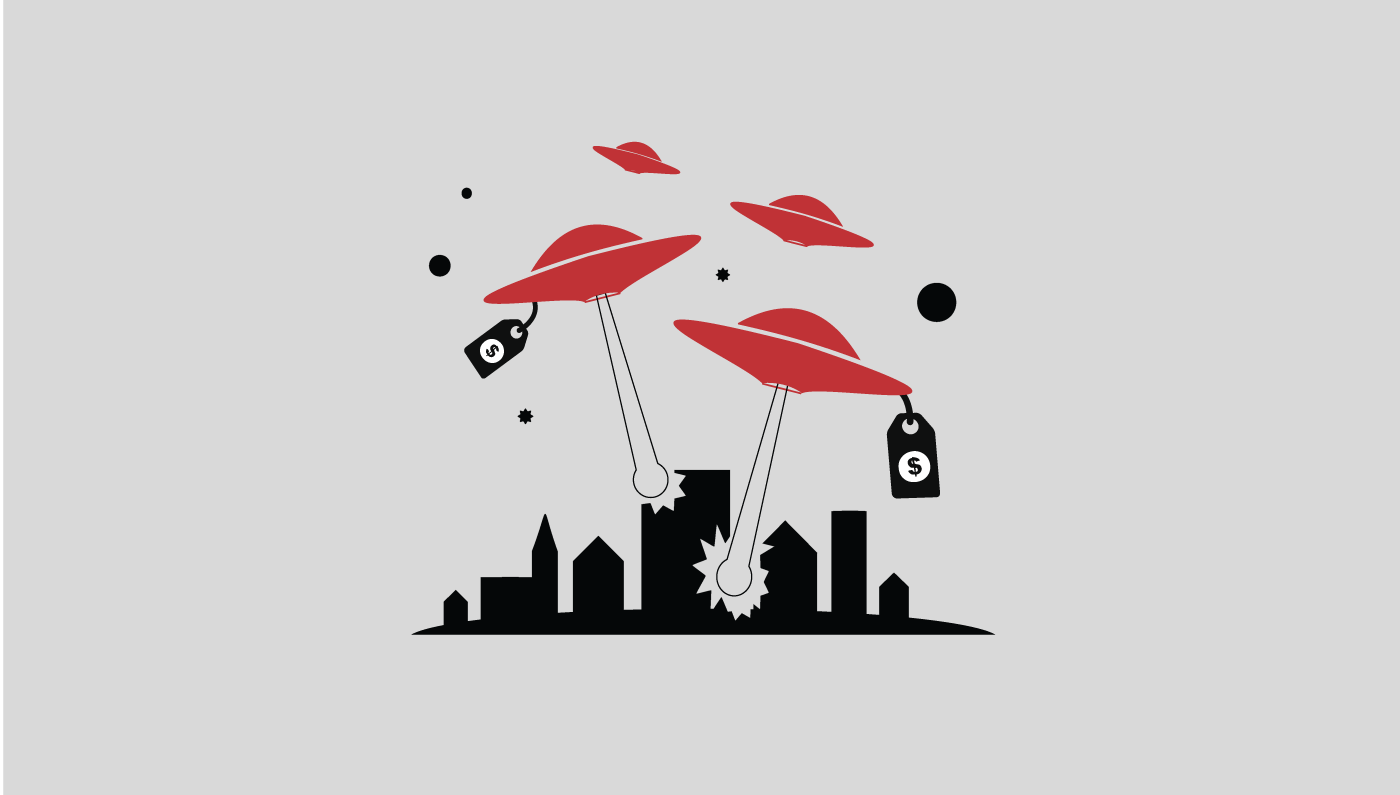Standard, tried-and-true practices are often our friends. They help us streamline our schedules, smooth out our workflows and produce work within budget and under deadline. But they can also, sometimes, cause us to miss out on new, possibly helpful breakthroughs.
One such standard practice is a refrain familiar to anyone who has taken a business school course or studied the craft of marketing: do not compete on price. Instead, marketing professors and industry veterans often urge businesses to focus on other differentiators, like customer service, product quality and convenience.
But new research is starting to challenge that assumption. In this week’s “Insight,” we’re showcasing a surprising finding from the world of neuroscience that argues that discussing price, in certain situations, may actually be an advantage.
This week’s insight: Upon first reading this study, it seems to make a rather self-evident point: if you discuss price with customers, customers will think more about price. But there’s actually something more nuanced going on here. If you’re offering a competitive price, discussing price could actually be an advantage in attracting customers. In other words, don’t assume that price is always a negative factor when selling something.
Research study: “Cost Conscious? The Neural and Behavioral Impact of Price Primacy on Decision Making” by Uma R. Karmarkar, Baba Shiv and Brian Knutson, Journal of Marketing Research, August 2015. https://journals.ama.org/doi/10.1509/jmr.13.0488
What they did: Researchers from Harvard Business School and Stanford’s Graduate School of Business joined a neuroscientist from Stanford to test out the way the human brain reacts to price when it is brought up at different times in a negotiation.
First, they studied the brain’s reaction when price was mentioned. For some subjects, they gave the price of the product before the sales pitch, in other cases afterwards.
They were searching for indicators in the brain of a sense of value, that is, an indication that the product was worth purchasing.
Then, they compared the brain’s reaction to the subject’s ultimate decision whether or not to buy that product.
What they found: For the utilitarian products used in the study, like jelly beans and batteries, the brain perceived the product as having a higher value when the subject was told the price before the sales pitch, as opposed to after.
For researcher Uma Karmarkar of Harvard, that indicates that the conventional wisdom that price should
 Uma R. Karmarkar, Assistant Professor of Business Administration, Harvard Business School
Uma R. Karmarkar, Assistant Professor of Business Administration, Harvard Business Schooltypically be downplayed might not necessarily be true when dealing with everyday sales.
“Assuming that price is always a terrible thing is too simple a way to think about it,” she said. “If you’re offering a good price, it’s a potentially useful thing, not a harmful one.”
But there are exceptions to this rule, she adds, saying that the research indicates that a “good deal” wouldn’t be so attractive when making larger purchases or buying luxury goods, where more value is attached to status and scarcity.
So what does the research indicate for companies looking to sell a product or service where cost makes a difference?
“It’s important to tailor it to the specific situation,” Kamarkar says, but “if you’re confident that you’re selling something for a good value, price can really be an asset. You don’t have to be afraid of it.”

